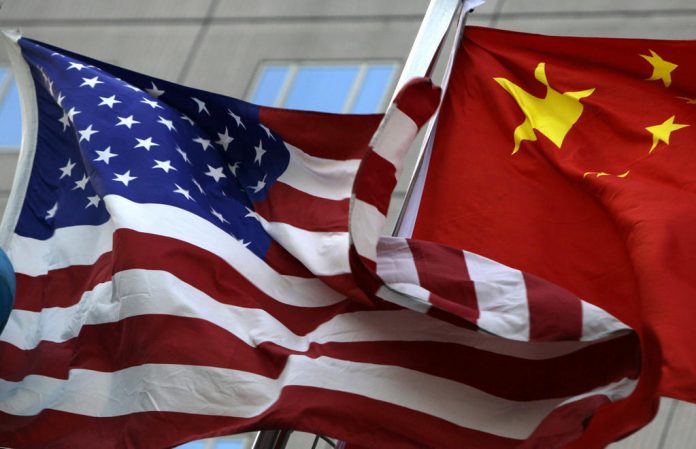WASHINGTON: The United States is working to create a new agency with broad authority to compete with China in offering countries financing options for major infrastructure and development projects, according to a major American newspaper.
In a report, The Wall Street Journal said that Congress was working to resolve the last barriers to passing a bill that would boost the US’s role in international development in an attempt to “counter China’s growing influence” around the world. It would combine several little-known government agencies into a new body, with authority to do $60 billion in development financing”more than double the cap of the current agency that performs that function.
“The measure, supported by the Trump administration, easily passed the House (of Representatives) this summer; it faces its biggest test in the Senate,” the report said.
“The bill’s momentum reflects growing bipartisan concern in Washington about the scale of China’s ambitions to restructure global trade routes so that all roads lead to Beijing,” it added.
WSJ said US Senators have become especially concerned with China’s global investment plan known as the One Belt, One Road Initiative.
“People are waking up to what China is doing and see that we have to counter that,” Republican Congressman Ted Yoho, one of the House co-sponsors of the bill, which was introduced with bipartisan sponsorship in both chambers.
The legislation represents a sharp reversal for the agency that currently promotes US investment abroad, the Overseas Private Investment Corporation (OPIC). In President Donald Trump’s first budget in 2017, the agency was proposed for elimination” with the administration saying it provided œunnecessary federal interventions that distort the free market.
But as trade tensions rose with China, so did focus on the extent” and consequences” of China’s infrastructure spree, it said.
The main body of the new agency would be OPIC, founded by President Richard Nixon in 1971 to help American businesses invest in developing and emerging markets in order to further US foreign-policy goals. The new agency would also take over several programmes run by the US Agency for International Development, the biggest of which is known as the Development Credit Authority.
The bill, according to the report, is popular because OPIC has been profitable every year for the last 40 years and has contributed $8.5 billion to deficit reduction.
The agency has a portfolio of $23 billion, with its business consisting of loan guarantees, direct lending and political-risk insurance. Projects it has financed or insured include a toll road in Colombia, a geothermal power plant in Honduras, cellphone towers in Uganda and a nuclear-fuel storage facility in Ukraine.




